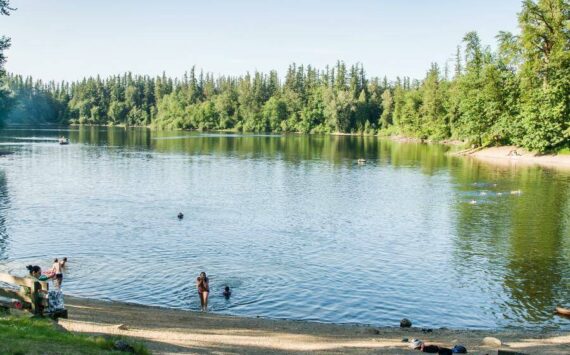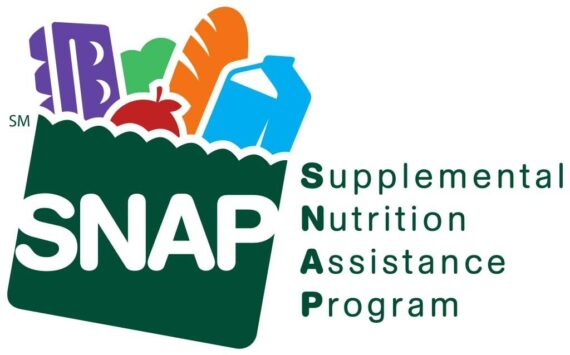With excessively hot temperatures in the state this week, employers and workers should take precautions to prevent heat stress for anyone working outdoors, the Department of Labor and Industries (L&I) said Monday.
L&I said workers should drink plenty of water, even when not thirsty, take regular breaks, wear light clothing and adjust to the pace of the work, among other things. A worker who begins feeling ill should stop work immediately and take steps to cool down.
Weve seen the temperature jump significantly in just the past two days from the mid-70s to 90 and even 100 degrees in some parts of the state so workers may not be adapted to the hot weather, said Steve Cant, L&Is assistant director for safety and health. Heat stress is a serious health issue and can quickly escalate to heat stroke, which can cause death. Everyone who works outdoors in hot weather needs to take precautions.
To protect yourself and co-workers from heat stress while working outside in hot weather:
— Drink plenty of water, even when not thirsty. Sip small amounts often.
— Try to do the heaviest work during the cooler parts of the day.
— Adjusting to the heat takes time; start slower and work up to your normal pace.
— Wear light, loose-fitting, light-colored breathable clothing such as cotton, and a hat.
— Take regular breaks in the shade.
— Avoid alcohol or drinks with caffeine before or during work.
— Watch co-workers for signs of heat exhaustion or heat stroke.
— If you start feeling symptoms (lightheaded, headache, nausea, dizziness, etc.), stop what you are doing immediately and take steps to cool down. Tell a supervisor.
If you think someone is suffering heat stroke, get medical help immediately by calling 911. Some of the signs of heat stroke include no sweating; red or flushed, hot dry skin; rapid pulse; headache; blurred vision; dizziness or fainting; difficulty breathing; pinpoint pupils; unusual behavior; convulsions; and collapse.
L&I adopted an emergency rule this year that requires employers with outdoor workers to have a safety plan in place to protect workers from heat-related illness during hot weather. Additionally, other rules require employers to provide drinking water and first-aid training.
Training materials to help workers cope with heat are available by calling 1-800-574-2829 or at the L&I Web site at http://www.LNI.wa.gov/Safety/Topics/AtoZ/HeatStress .




